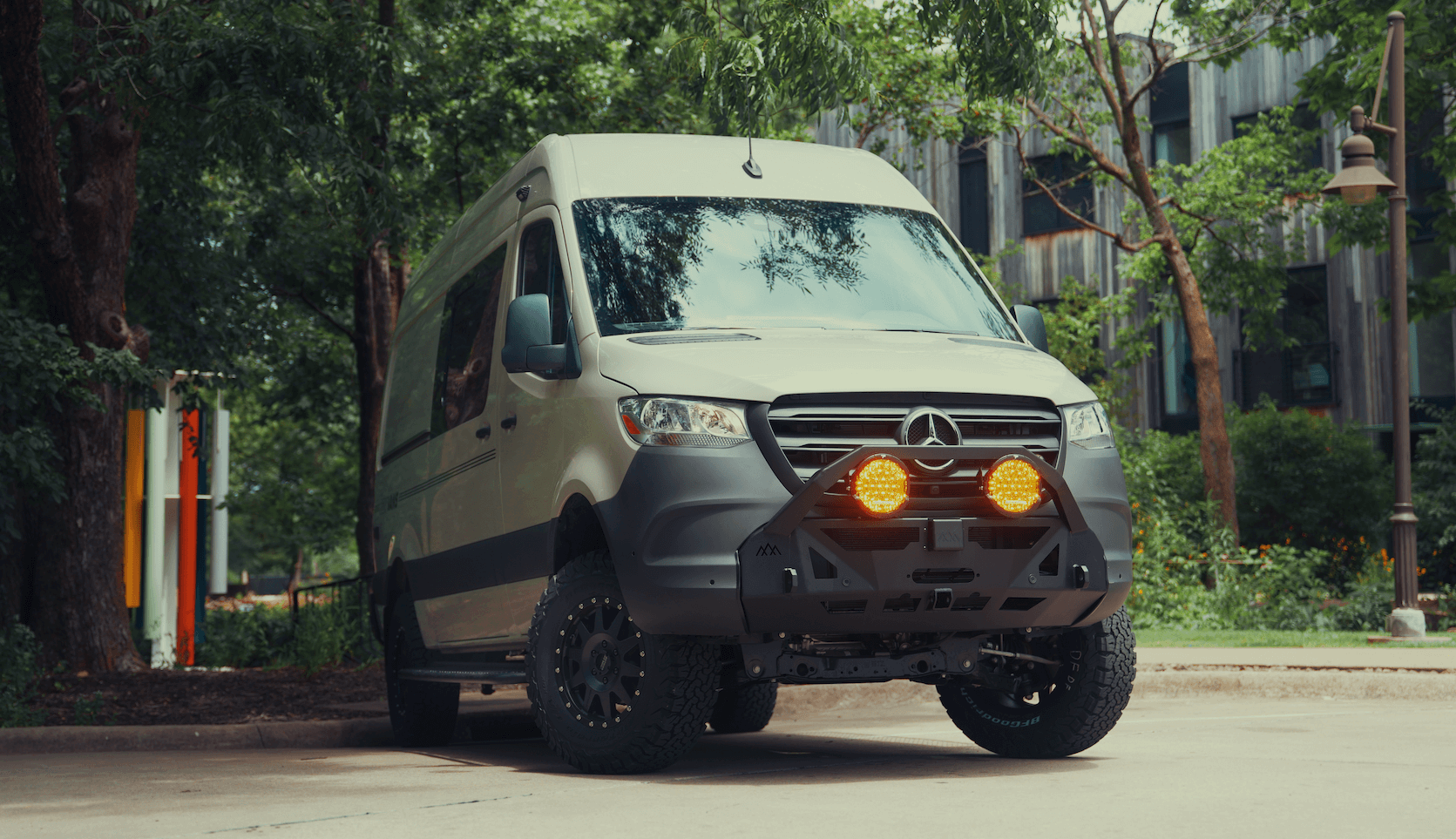Recreational Vans

An off grid adventure van builder creates a mobile living system that functions without campground hookups. The goal is predictable power, clean water, safe heat, and a layout that holds up to rough roads. Every choice is a balance among energy demand, weight, space, and reliability. The best builds start with a travel profile, not a parts list, because weekend trailheads and multi week mountain routes demand different solutions.
Off grid performance begins with an energy budget. Map your loads by hour and day. Refrigeration, induction cooking, laptops, lights, fans, pumps, and heat all draw from the same bank. Once daily consumption is clear, a builder sizes the battery, alternator charging, and solar to meet it through poor weather, tree cover, or winter sun angles.
Modern systems center on lithium batteries for deep usable capacity and fast charging. Quality busbars, proper fusing, and marine grade cable keep high current runs safe. A smart battery management system protects cells from low temps and over discharge. Alternator charging with a DC to DC charger is the backbone because it works while you drive, while solar adds quiet renewal for long stays.
Good builders integrate an inverter charger that blends shore power when available and keeps batteries healthy. Multistage charging profiles matter for lithium. System monitors with shunts show true state of charge rather than guessing by voltage. Load shedding, low idle draw, and efficient appliances do more for range than simply adding panels.
Fresh water capacity dictates how long you can stay put. A practical setup pairs a protected tank, a sediment prefilter, and a carbon or hollow fiber purifier for filling from varied sources. Grey water handling should be simple, odor free, and easy to drain where allowed. For hot water, options include heat exchangers tied to engine coolant, compact electric heaters sized to battery capacity, or efficient diesel fired units.
Cold weather travel favors diesel air heaters thanks to low power draw and dry heat. Insulation, thermal breaks, and tight door seals raise comfort more than any single device. Summer control blends cross ventilation, 12 volt fans, and a high efficiency roof air conditioner sized to the battery and alternator plan. Window coverings and reflective exteriors cut heat load dramatically.
Safety is the quiet hero of off grid rigs. Every high current run needs correct fuse sizing near the source. Propane, if used, requires sealed lockers, proper regulators, and leak detection. Batteries must be mounted and ventilated per manufacturer guidance. Fire suppression and carbon monoxide detection should be within reach and tested. A tidy electrical bay with labeled circuits speeds troubleshooting on the road.
An off grid adventure van builder chooses materials that save weight and resist moisture. Birch ply, honeycomb panels, and aluminum frames keep structures light yet strong. Hardware should be rattle free and rated for vibration. Tie down points for bikes or moto gear need reinforcement at the chassis, not just cabinetry. Sound deadening and wheel well treatments reduce fatigue on long hauls.
System placement affects handling. Keep dense components like batteries low and near the axle line to maintain balance. Oversized water tanks behind the rear axle can create a pendulum effect on rough tracks. Proper suspension tuning for the final weight keeps tires planted and reduces component stress.
Before delivery, a builder should load test the battery bank, confirm charging rates, and verify heater and hot water performance in expected temperatures. A shakedown drive over mixed surfaces reveals rattles or flexing early. Owners should receive a plain language system guide with maintenance intervals and winterization steps.
Strong off grid systems come from careful planning rather than chasing the newest gadget. If you start with your routes, climate, and daily loads, the right mix of lithium storage, alternator charging, and solar will follow. Match water, heat, and ventilation to the seasons you actually travel, and choose materials that can take dust, mud, and washdowns without complaint.
For readers ready to turn a vision into a long range van, work with a shop that listens first and engineers second. Expert teams design around your use case, integrate trusted components, and validate the system before handoff. Explore Recreational vans to see the range of travel ready platforms. If you want a purpose built rig from the ground up, review our Custom build vans. Shopping for a finance friendly starting point with practical upgrades in mind? Browse our Mainstream vans.
Share your route lengths, seasons, and must have gear. We will design a quiet, efficient power system, dial in water and heat for your climate, and build a durable interior that stays solid on washboard. Your off grid adventures deserve a rig that simply works, day after day.
Ready to go off grid with confidence? Tell us how you travel and we will design a system that fits your routes, climate, and gear. Book a build consult today and let OZK Customs turn your van into a capable, quiet, and safe off grid rig.
ADDRESS:
6159 E Huntsville Rd, Fayetteville, AR 72701
PHONE:
(479) 326-9200
EMAIL:
info@ozkvans.com